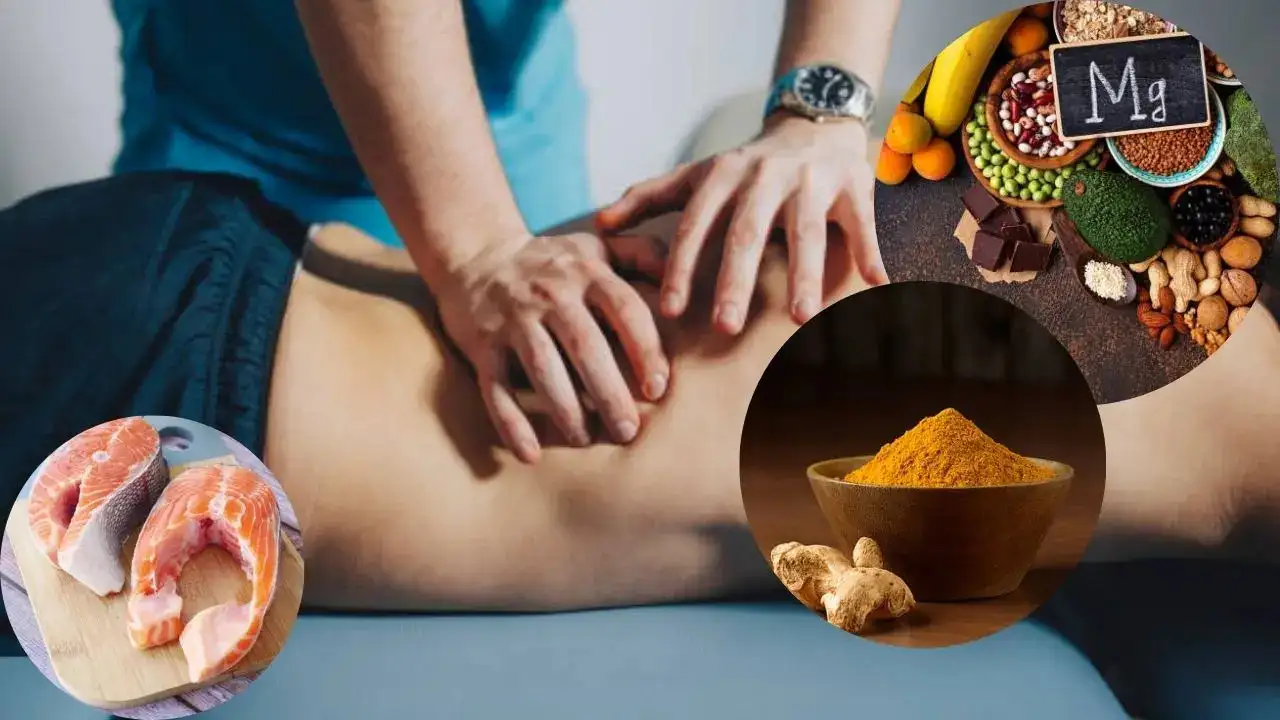
Studies say around 40-100of athletes use some type of supplement to improve and maintain their physical performance
For those who exercise and work out, are prone to injuries, which experts say are a part of the game. Muscle recovery is also important and happens as your body rebuilds tissue after physical activity. While there are many ways to achieve it, like sleep, nutrition, and hydration, a few supplements are also useful in this aspect.
According to research, around 40-100 per cent of athletes use some type of supplement to improve and maintain their physical performance. A few of these include:
Omega-3 fatty acids
Omega-3 fatty acids help reduce inflammation, improve heart health, and build body cells. They are also instrumental in lowering muscle damage, oxidative stress, and inflammation after exercise.
However, more studies are needed to understand the benefits and optimal dosing. Adequate dosing levels for omega-3 are 1.6 grams in adult men and 1.1 grams in women. You can naturally include omega-3 through plant oils, chia seeds, and fish.
Magnesium
Magnesium is among the most important minerals your body needs for all the processes that include energy production and nerve and muscle function. It also helps in processing your muscles, reducing inflammation and contraction, along with protein synthesis. Magnesium and its supplements help relieve soreness and improve recovery. It also plays a vital role in muscle energy, which affects muscle recovery.
Dietary sources of magnesium include seeds, beans, green leafy vegetables, nuts, seafood, and whole-grain breads and cereals. The recommended daily allowance of magnesium ranges from 400-420 milligrams to 310-320 milligrams for men and women.
Tart cherry juice
Delicious and flavourful, tart cherry juice helps in muscle recovery as it helps lower inflammation, reduce muscle pain, and reduce damage. Loaded with antioxidants, tart cherries give a lot of relief from oxidative stress. However, the extract works better for people with advanced physical training looking for fast recovery.
Even though doctors have not defined the dosage, it usually ranges from 240 to 480 millilitres.
Vitamin D
Vitamin D is present in many dairy products and seafood and is among the most important compounds for your overall health and well-being. It helps with inflammation during exercise and physical training.
While there are no official recommendations on the best vitamin D dose for muscle recovery, experts suggest taking 3,000 to 5,000 International Units (IUs), or 75 to 125 grams daily.
Turmeric
Turmeric is among the most popular ingredients extensively used in Indian kitchens. Its main ingredient, curcumin, is known for its anti-inflammatory and antioxidant benefits, which help lower inflammation.
Dosing has not been well established but typically ranges from 1.5 to 5 grams daily. Experts say turmeric is also safe in doses of up to 8 grams a day.
Are there any risks in taking these supplements?
Experts believe the side effects of supplements are based on the dosage and type you take and how your body reacts to it. When used for muscle recovery, many supplements can lead to upset stomach, nausea, and vomiting. However, according to studies, most supplements are considered safe as long as you do not take more than the recommended dosage.
Recovery supplements help you determine whether they are safe with your medical history and if they can interact with other medications or supplements you are taking.
Get Latest News Live on Times Now along with Breaking News and Top Headlines from Health and around the world.
